Keywords: Jesuit
There are more than 24 results, only the first 24 are displayed here.
Become a subscriber for more search results.
-

AUSTRALIA
- Andrew Hamilton
- 24 March 2025
With America's reliability in question, Australia is rethinking what security really means. Should it double down on military self-reliance, or reconsider the cost of placing defence above all else? As alliances fray and power shifts, the country faces a deeper reckoning: whom can it trust—and at what price?
READ MORE
-
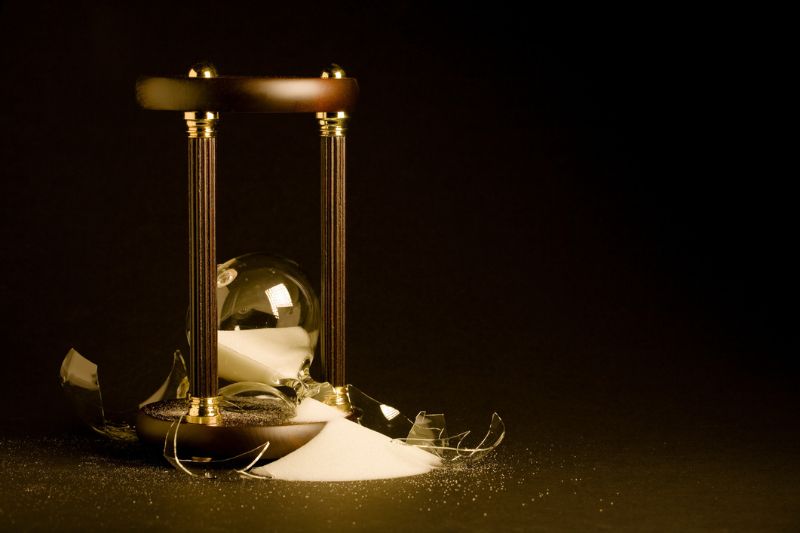
AUSTRALIA
- Andrew Hamilton
- 13 March 2025
What feels like turbulence in the present often reveals itself, in hindsight, as the rupture of an era. From the fall of Rome to the upheavals of today, are we witnessing mere disruption, or the twilight of an old order?
READ MORE
-
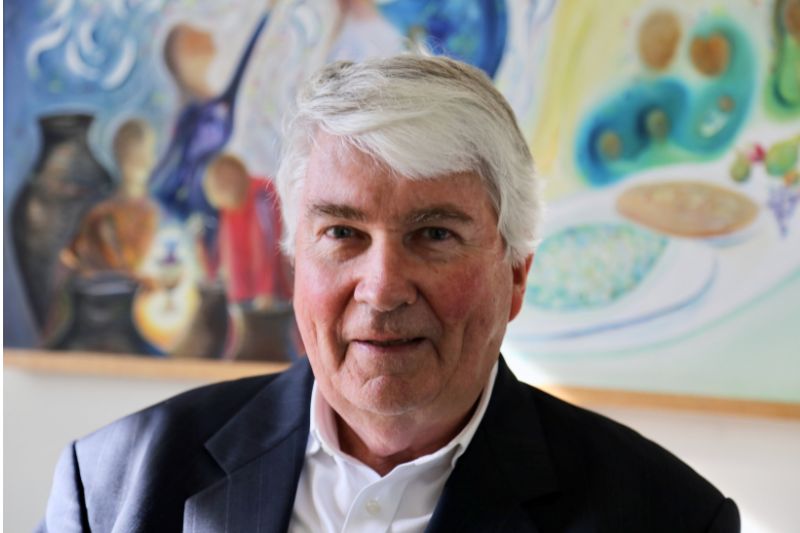
RELIGION
- Jim McDermott
- 13 March 2025
Frank Brennan wears his prominence lightly. A priest, lawyer, and tireless advocate for Indigenous rights and refugees, he is as at home in political corridors as he is at the dinner table, welcoming friends with stories and good cheer. Now, celebrating 50 years as a Jesuit, he reflects on faith, justice, and a life of service.
READ MORE
-
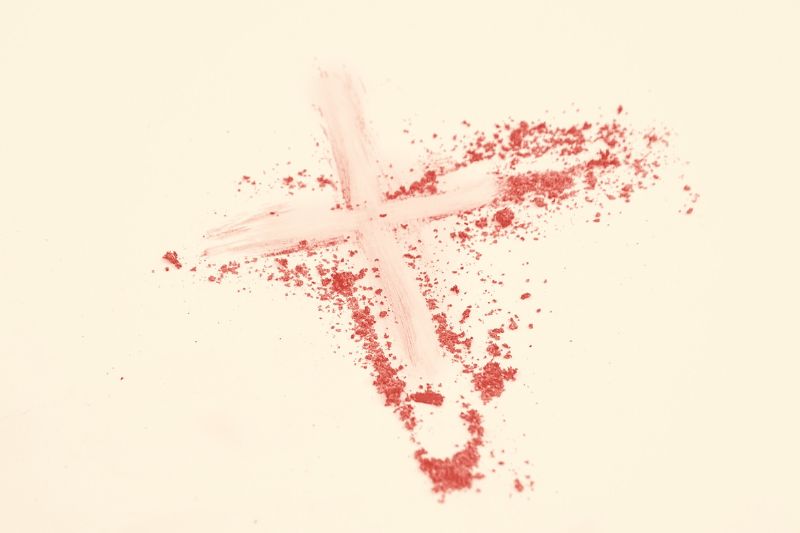
RELIGION
- Andrew Hamilton
- 05 March 2025
Lent is often reduced to private acts of restraint. But its history tells a richer story; of communal memory, public reckoning, and the need to confront human suffering. As new crises unfold, from war to political decay, Lent reminds us that forgetting the past is a luxury we cannot afford.
READ MORE
-
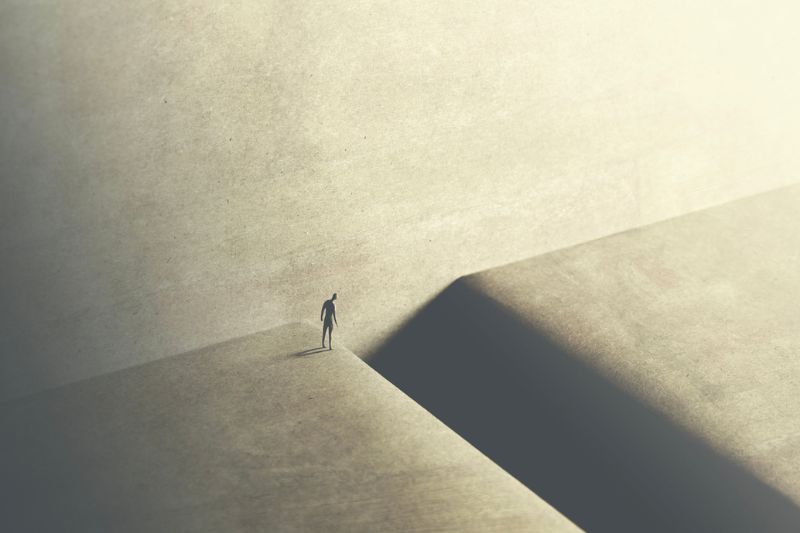
INTERNATIONAL
- Andrew Hamilton
- 26 February 2025
Amid debates over inclusion, dignity, and the rule of law, how do entrenched power structures shape our futures, and can renewed commitment to cooperation mend a divided society?
READ MORE
-
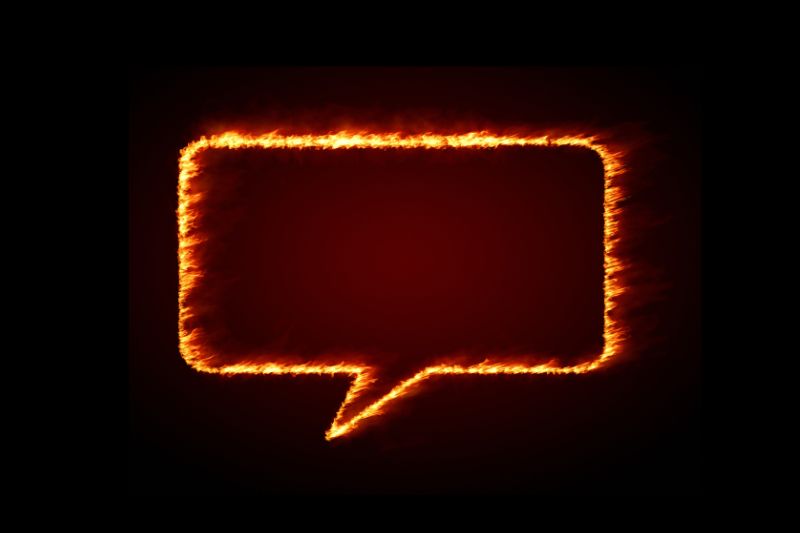
INTERNATIONAL
- Andrew Hamilton
- 19 February 2025
The shockwaves of the Hamas attack on Israel and the Israeli military’s response in Gaza have ignited protests, inflamed divisions, and prompted a reckoning with rising antisemitism. As hostilities pause, how should societies distinguish between legitimate criticism and rhetoric that fuels hate?
READ MORE
-
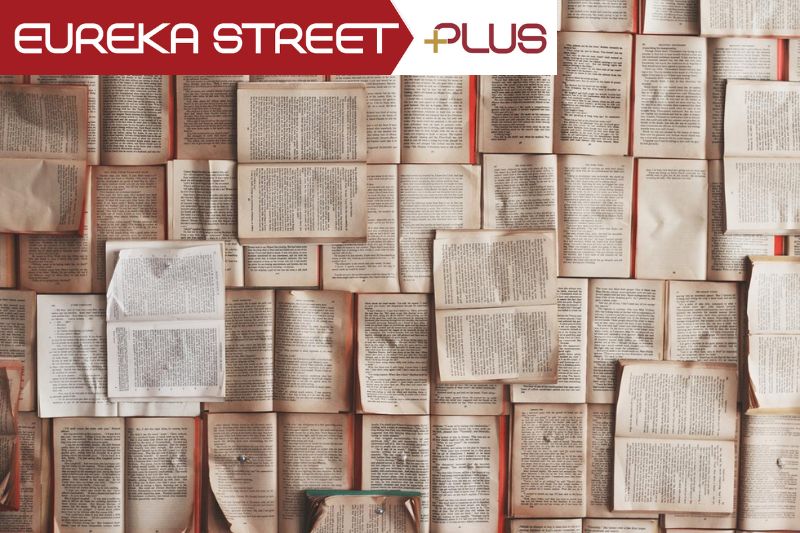
ARTS AND CULTURE
- Andrew Hamilton
- 14 February 2025
These poets offer distinct reflections on life, faith, and human experience in their recent work. From Kelly’s reflective musings on faith and education to Mead’s exploration of motherhood and nature, and McFadyen’s grappling with grief, their works search for a ‘something more’.
READ MORE 
-
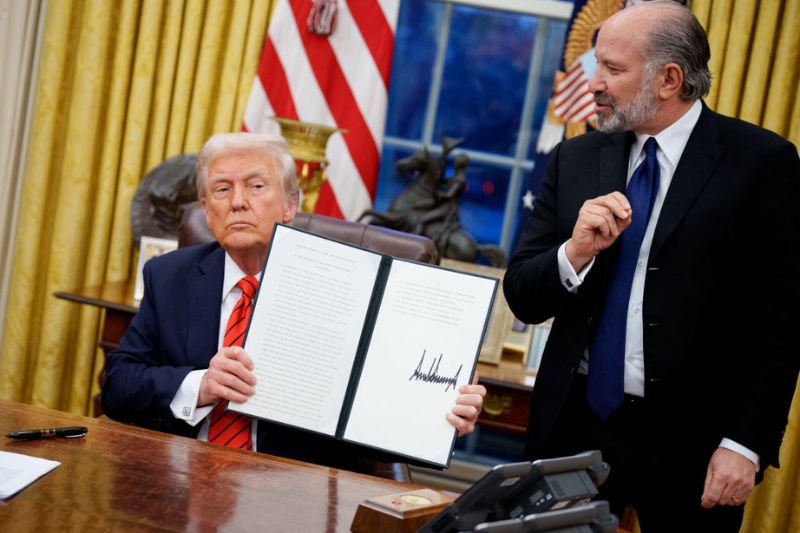
INTERNATIONAL
- Andrew Hamilton
- 12 February 2025
Can tariffs really create a fair economy? As President Trump’s administration leans into protectionist trade policies, we must ask whether these strategies undermine the values of mutual respect and shared prosperity that should define both national and international relationships.
READ MORE
-
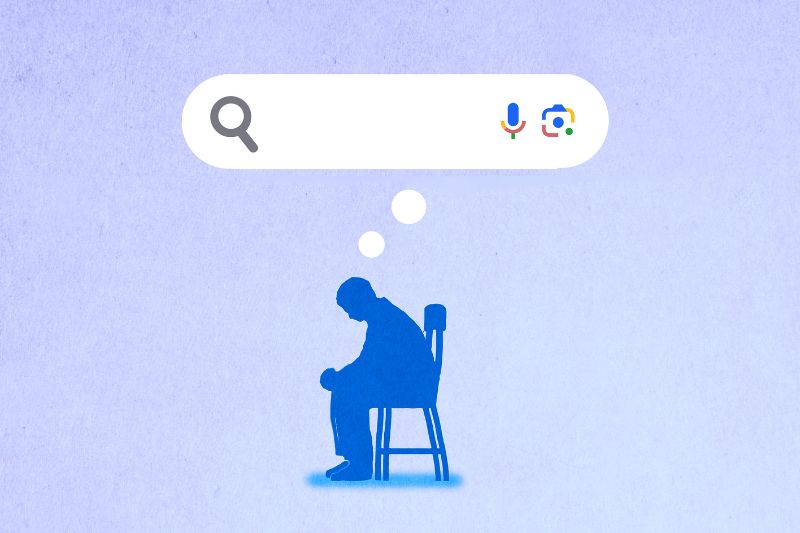
RELIGION
- Michael McVeigh
- 12 February 2025
Vice President JD Vance’s defense of Trump’s executive orders has ignited a theological debate on "ordo amoris"—the order of love. Critics argue that reducing love to a hierarchical formula distorts Catholic social teaching. But is the influence of big tech reshaping both religious thought and our global priorities?
READ MORE
-
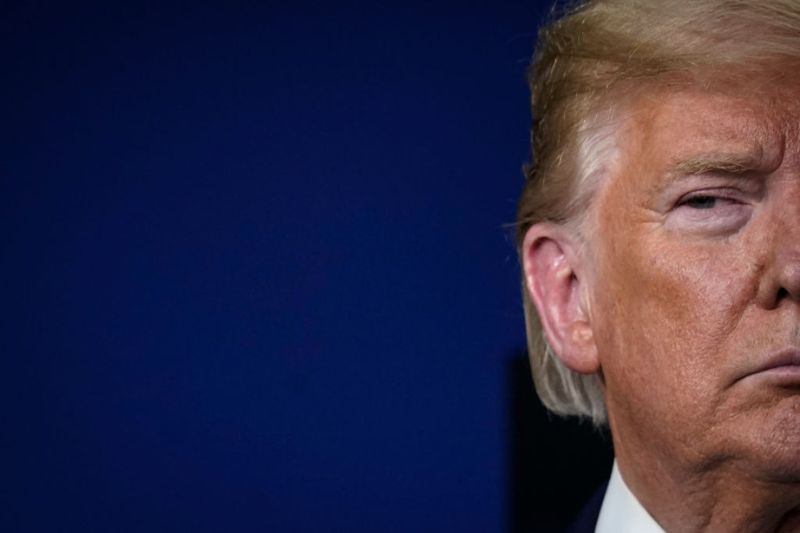
INTERNATIONAL
- Andrew Hamilton
- 06 February 2025
Donald Trump’s presidency, often dismissed as chaotic, follows a clear, transactional logic: power over principle, loyalty over institutions, and reshaping America into a high-stakes deal-making enterprise. But history suggests such a system cannot last. In the meantime, how should we respond?
READ MORE
-
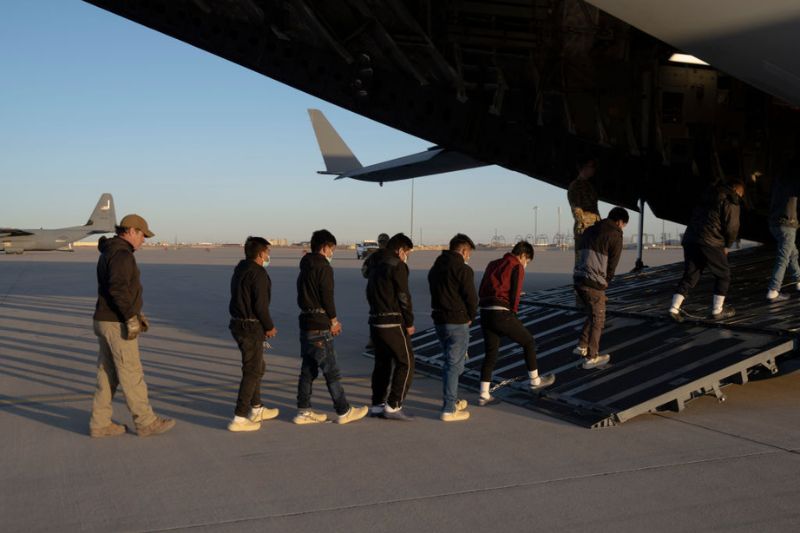
INTERNATIONAL
- Andrew Hamilton
- 30 January 2025
The United States' recent shift in immigration policy towards exclusions and deportations is a modern moral reckoning. It underscores the tension between a society’s right to regulate its borders and its responsibility to uphold the dignity of those who already call it home.
READ MORE
-
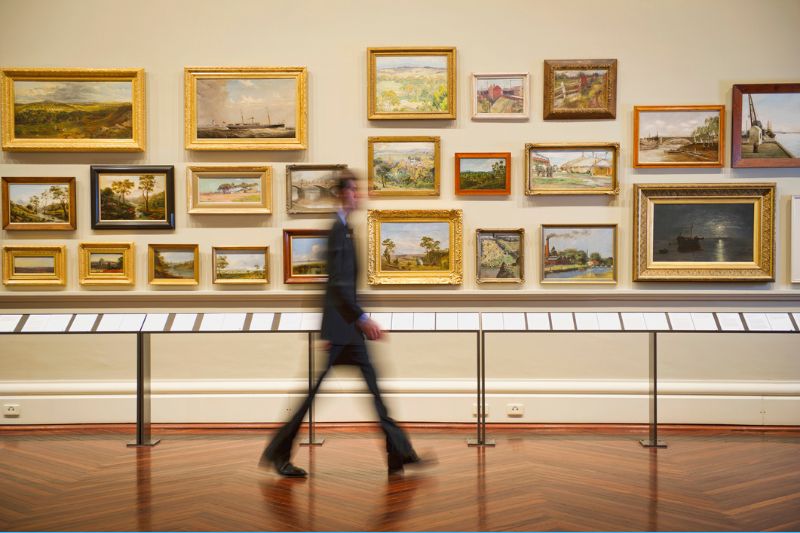
AUSTRALIA
- Andrew Hamilton
- 23 January 2025
Australia's national day remains a divisive symbol, rooted in colonial history. As the country grapples with issues of war, inequality, and climate change, the call for a more inclusive, meaningful celebration grows. How can a national day honour both the complexity of our history and the dignity of all Australians?
READ MORE